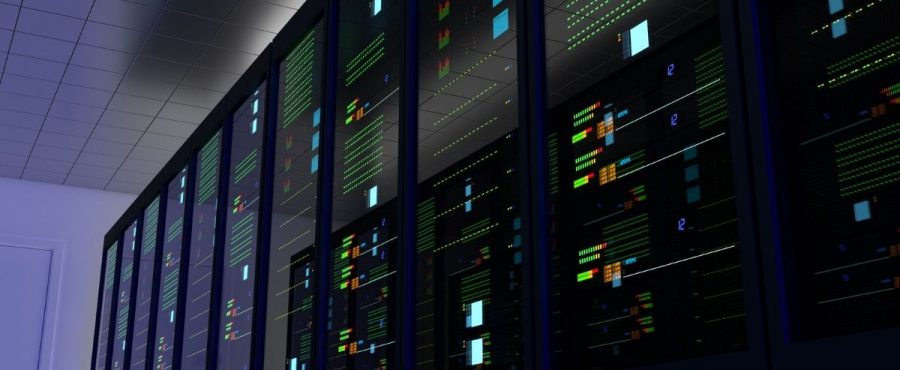What is Edge Colocation?
Computer-related terminology is extensive and can often be confusing. If you are a business owner researching potential areas to relocate to or to open another office in, one aspect you should be aware of is your new location’s proximity to data centers. If you have already begun researching this, you may have come across the term edge colocation. So what is edge colocation?
Bridging the Gap
Edge colocation is the process of renting dynamic server space to tier two markets. As these tier two markets are not in proximity of the data centers, they are underserved. High bandwidth and data require resources and infrastructure, which can be expensive. This problem will only increase as more advanced content, and applications require more resources to perform at modern acceptable performance times. This issue exponentially increases as companies look to reach markets in areas that are geographically far from traditional data centers.
Edge Computing
The solution to this growing issue has been edge computing. Edge computing has allowed for resources to be moved closer to the user, quickening and improving the digital experience. This is accomplished by distributing host servers, base servers, and nodes to areas that lack sufficient infrastructure. In contrast, nodes are devices or data points that facilitate development, redistribution, or communication in the context of a larger network.
Edge hardware requires fewer resources than traditional colocation. The distribution of the edge network, however, must now be managed by companies.
To service the needs of companies unable to manage edge networks, edge colocation providers rent out dynamic server space. Edge colocation providers take care of infrastructure maintenance, including materials, power sources, cooling, and server security. This gives a business owner more time to concentrate on hardware configuration, content, and applications.
Secure Your Data
While edge colocation allows you to move data closer to users, it does not sacrifice your data’s security. Colocation providers, while smaller in size than traditional data centers, provide the same protection and security.
This leaves you with similar performance and security levels provided by larger data centers, with lower bandwidth costs that can reach users too far from traditional data centers.
Personalization
Unlike large data centers one size fits all approach, edge colocation providers can customize bandwidth based on region. This is a great way to maximize your return on investment and cut unnecessary spending.
Edge Colocation: A Growing Market
Companies are constantly searching for new users and customers. While major cities may have a higher density population, many companies are beginning to branch out to smaller underserved markets. This will most likely force providers to expand tier two markets for lower latency service.
Improve Your Business
Edge colocation can provide several benefits to your business. These benefits can be compounded by implementing edge colocation with other services, such as cloud backup services, to ensure that your business is efficient in using bandwidth resources.
Edge colocation can give your business an advantage in several areas. Edge colocation provides data centers in underserved areas leading to faster online experiences, more secure data, decreased latency, and reduced costs.
Effective implementation of edge colocation can allow your business to be accessible to users worldwide. If you have further questions on edge colocation or want to explore how its benefits can pertain to your business, reach out to us today to speak with our professionals. We access your personalized business needs and will work with you to ensure your online services are running optimally.
Related Readings:
VPS vs. Dedicated Servers Vs. Cloud Servers
Data Center Technology Trends: More Complex Data Center Workloads

